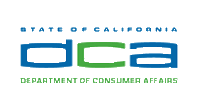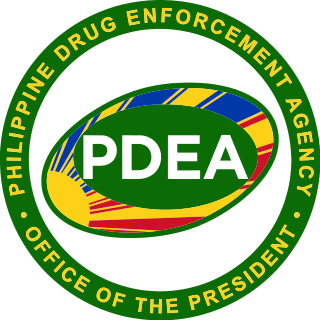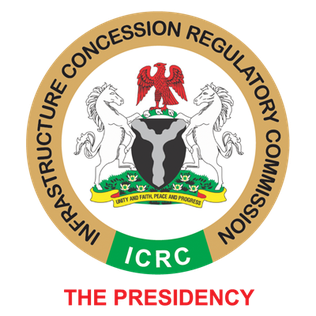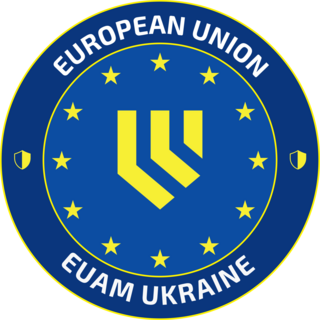
The Office of the United Nations High Commissioner for Human Rights, commonly known as the Office of the High Commissioner for Human Rights (OHCHR) or the United Nations Human Rights Office, is a department of the Secretariat of the United Nations that works to promote and protect human rights that are guaranteed under international law and stipulated in the Universal Declaration of Human Rights of 1948. The office was established by the United Nations General Assembly on 20 December 1993 in the wake of the 1993 World Conference on Human Rights.

The Directorate-General for European Civil Protection and Humanitarian Aid Operations, formerly known as the European Community Humanitarian Aid Office, is the European Commission's department for overseas humanitarian aid and for civil protection. It aims to save and preserve life, prevent and alleviate human suffering and safeguard the integrity and dignity of populations affected by natural disasters and man-made crises. Since September 2019, Janez Lenarčič is serving as Commissioner for Crisis Management in the Von der Leyen Commission, and since 1 March 2023, Maciej Popowski leads the organisation as the Director-General.

The Hong Kong Civil Service is managed by 13 policy bureaux in the Government Secretariat, and 67 departments and agencies, mostly staffed by civil servants. The Secretary for the Civil Service (SCS) is one of the Principal Officials appointed under the Accountability System and a Member of the Executive Council. He heads the Civil Service Bureau (CSB) of the Government Secretariat and is responsible to the Chief Executive (CE) for civil service policies as well as the overall management and development of the civil service. His primary role is to ensure that the civil service serves the best interests of the community and delivers various services in a trustworthy, efficient and cost effective manner. The CSB assumes overall policy responsibility for the management of the civil service, including such matters as appointment, pay and conditions of service, staff management, manpower planning, training, and discipline.
A federal enterprise architecture framework (FEAF) is the U.S. reference enterprise architecture of a federal government. It provides a common approach for the integration of strategic, business and technology management as part of organization design and performance improvement.

Environmental planning is the process of facilitating decision making to carry out land development with the consideration given to the natural environment, social, political, economic and governance factors and provides a holistic framework to achieve sustainable outcomes. A major goal of environmental planning is to create sustainable communities, which aim to conserve and protect undeveloped land.

The California Department of Consumer Affairs (DCA) is a department within the California Business, Consumer Services, and Housing Agency. DCA's stated mission is to serve the interests of California's consumers by ensuring a standard of professionalism in key industries and promoting informed consumer practices. The DCA provides the public with information on safe consumer practices, in an effort to protect the public from unscrupulous or unqualified people who promote deceptive products or services.

The Civil Service Commission is one of the three Constitutional Commissions of the Philippines with responsibility over the civil service. It is tasked with overseeing the integrity of government actions and processes. The commission was founded in 1900 through Act No. 5 of the Philippine Commission and was made a bureau in 1905. The Civil Service Commission (CSC) is the central personnel agency of the Philippine government responsible for the policies, plans, and programs concerning all civil service employees.
The Public Service of Canada is the civilian workforce of the Government of Canada's departments, agencies, and other public bodies.

The Philippine Drug Enforcement Agency is the lead anti-drug law enforcement agency, responsible for preventing, investigating and combating any dangerous drugs, controlled precursors and essential chemicals within the Philippines. The agency is tasked with the enforcement of the penal and regulatory provisions of Republic Act No. 9165, otherwise known as the Comprehensive Dangerous Drugs Act of 2002.
The Federal Ministry of Budget and Economic Planning is one of the Federal Ministries of Nigeria.

The Federal Ministry of Health is one of the Federal Ministries of Nigeria concerned with the formulation and implementation of policies related to health. It is headed by two Ministers appointed by the President, assisted by a Permanent Secretary, who is a career civil servant. The current Minister of Health is Muhammad Ali Pate. The current Minister of State for Health is Tunji Alausa. The Federal Ministry Of Health has over 800 workers consisting of closely 430 women and 370 men.[5]

The Arctic policy of the United States is the foreign policy of the United States in regard to the Arctic region. In addition, the United States' domestic policy toward Alaska is part of its Arctic policy.
The National Strategy for Trusted Identities in Cyberspace (NSTIC) is a US government initiative announced in April 2011 to improve the privacy, security and convenience of sensitive online transactions through collaborative efforts with the private sector, advocacy groups, government agencies, and other organizations.

The College of Defence Management (CDM) is an Indian defence service training institution imparting management training to defence servants. CDM is entrusted with the responsibility of instilling contemporary management thoughts, concepts and practices in the senior leadership of the three services.

Armenia was admitted into the United Nations on 2 March 1992, following its independence from the Soviet Union. In December 1992, the UN opened its first office in Yerevan. Since then, Armenia has signed and ratified several international treaties. There are 20 specialized agencies, programs, and funds operating in the country under the supervision of the UN Resident Coordinator. Armenia strengthened its relations with the UN by cooperating with various UN agencies and bodies such as the International Monetary Fund, the World Bank, the World Food Programme, and with the financial institutions of the UN. Armenia is a candidate to preside as a non-permanent member of the UN Security Council in 2031.
The National Information and Technology Authority - Uganda (NITA-U) is an autonomous government parastatal under the Ministry of ICT and National Guidance in Uganda, mandated to coordinate, promote and monitor Information and Technology developments in Uganda within the context of National Social and Economic development.

The Infrastructure Concession Regulatory Commission (ICRC) is an agency of the Federal Government of Nigeria responsible for the development and implementation of the Public-Private Partnership (PPP) framework for the provision of infrastructure services.

Educational management refers to the administration of the education system in which a group combines human and material resources to supervise, plan, strategise, and implement structures to execute an education system. Education is the equipping of knowledge, skills, values, beliefs, habits, and attitudes with learning experiences. The education system is an ecosystem of professionals in educational institutions, such as government ministries, unions, statutory boards, agencies, and schools. The education system consists of political heads, principals, teaching staff, non-teaching staff, administrative personnel and other educational professionals working together to enrich and enhance. At all levels of the educational ecosystem, management is required; management involves the planning, organising, implementation, review, evaluation, and integration of an institution.

European Union Advisory Mission Ukraine is a civilian Common Security & Defence Policy (CSDP) mission of the European Union. It aims to assist Ukrainian authorities to reform civilian security sector. It provides strategic advice and practical support to make Ukrainian civilian security sector more effective, efficient, transparent and enjoying public trust. EUAM Ukraine works with a number of law enforcement and rule of law institutions of Ukraine, and it formally began operation on 1 December 2014, following Ukrainian Government's request.

















